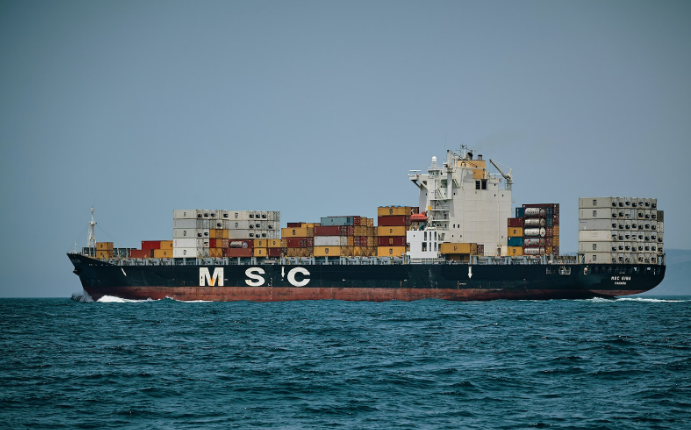All the good in the world can amount to nothing if they are not at the right customer at the right time. Freight transports keep the world turning with their seemingly effortless means of cargo transport. Whenever we order something online, we don’t think about the insanely complex mechanism behind the logistic transport which happens behind the scenes. And we don’t have to as it’s other people’s job to make the wonder of logistics happen. Different means of cargo transport and levels exist, and each enterprise needs to familiarise itself with each!
1. Across and above
Different means of transport exist for a reason, as each has its upsides and downsides. The specific type of cargo and certain cargo sizes are ideal for a specialised freight carrier. For example, railroads are perfect for moving large quantities of cargo across one country or a connected continent, and time is not of great importance.
Railroad transport is cheap and reliable, as your large quantities of products will reach their destination safely and reliably. Global agrieconomics depends on rail and ocean travel because of these attributes. The downside of railroad transport is that it’s not suitable for daily needs and smaller shipments. If some part of the country or your customer is not adjacent to the railway, you will need additional means of transport. That’s when trucking comes into play as they can transport anything from daily to larger quantities of products virtually anywhere as roads exist worldwide.
On a pound-per-cent analysis, the railroad is slightly cheaper than trucking, and ocean travel beats them all in cost and capacity. The most expensive, but fastest and most reliable means of freight cargo transport is by airplane, unless you are transporting something of great value and big RoI, you are better off using other means for more profitability. But, when time is of the essence, air transport is your best ally.
2. Territory-size freight carriers
Next up is where you need your goods to travel. We’ve identified the “How?” when selecting the ideal means of transport which are tailor-made for the type of product your company offers. Now comes the complexity of the situation. If you are doing daily door-to-door delivery, you need experienced and professional freight carriers who know how these micro deliveries happen.
From Amazon sales to local trades, these smaller types of freight are the bread and butter of small and rising enterprises. If you are growing and expanding to neighbouring cities or large, then you need to reach out to a regional carrier as they can offer you the same options as local deliveries but on a wider scale. They also offer a one-stop delivery if you have a once-per-week or similar means of sales.
For the best and largest amount, you will need the aid of national carriers as these giant corporations cover the entire country you are in or even more. As your business grows and expands, your carriers must follow your steps as their logistic network corresponds with your distribution channels.
3. Government VS private freight carriers
Last but not least, you need to cover the topic of “Who?” will carry your precious cargo. So far, we’ve established the means and the area, but one more step remains to determine if you will use public or private means of transport. You can use general means and government contracts to secure your load or reach the private sector. General-purpose transportation, where you don’t need to move big or specialised goods, common carriers will do the job without much hustle.
When you need special means of transport over large distances or cross-continent transportation, reaching out to private and specialised contract carriers is necessary. Contract carriers also offer safety in the way that they will purchase or ensure your cargo from pickup to finish. Each contract carrier depends on its reputation, so it will offer a better service in general when compared to common carriers. The main difference is also the price, which tends to be higher than expected when dealing with the private sector.
All these layers of freight carriers serve to determent the ideal mix for your endeavour. Each good has means and ways to get to the customer, and it’s up to you to mix and match how you wish!

Be First to Comment